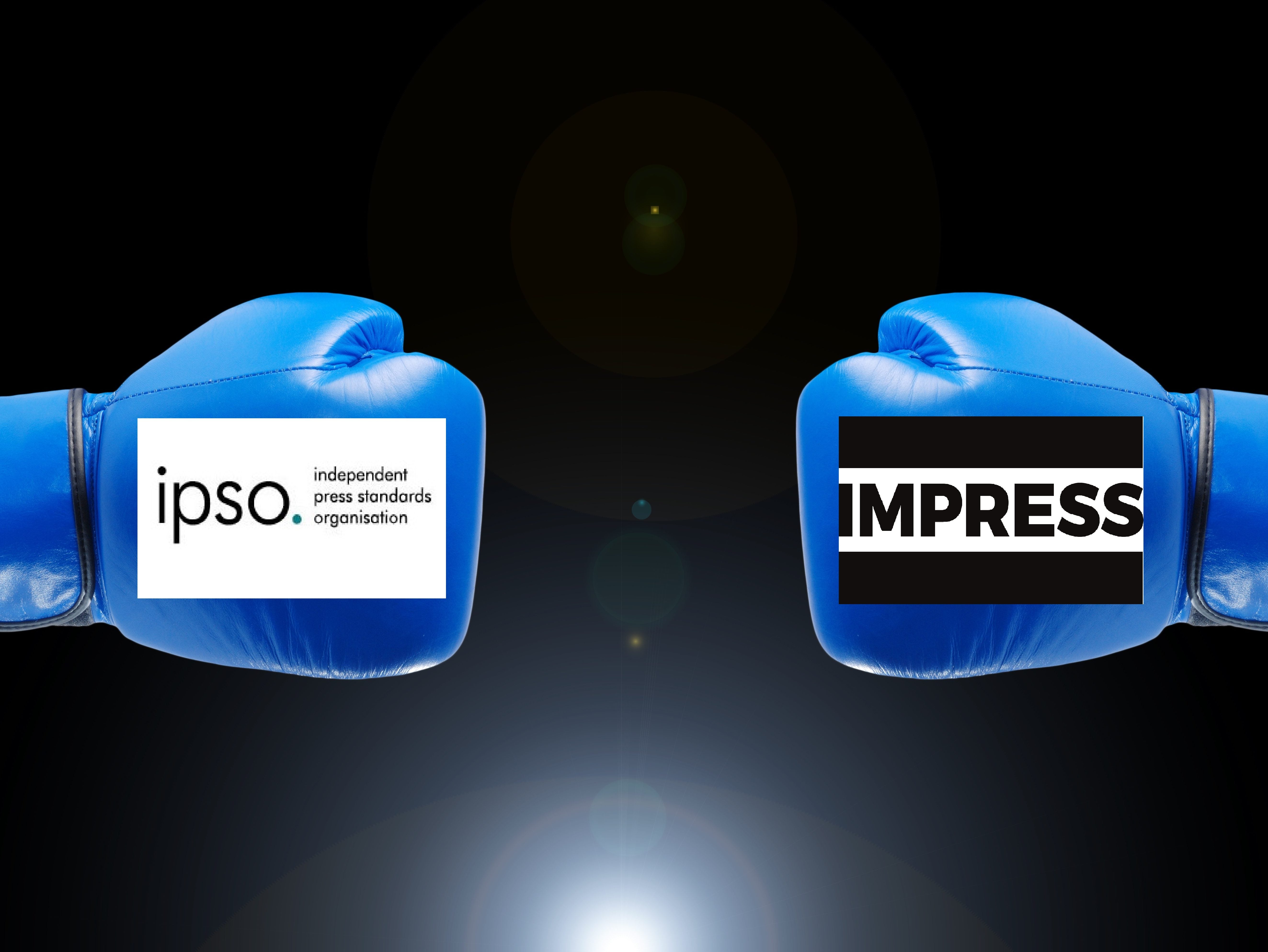
The first libel arbitration settlement brokered by press regulator Impress has left neither side happy and set a precedent which may alarm other publishers.
At one level, Byline Media can count itself lucky that the claim from freelance journalist Dennis Rice over two allegedly defamatory tweets was settled by arbitration.
A similar claim by Jack Monroe against Katie Hopkins over defamatory comments made on Twitter resulted in a damages payout of £24,000 and costs of £300,000 for the Mail Online columist when it was settled at the High Court.
Byline was asked to pay only £2,500 over the one tweet that was found to be defamatory and the £3,500 arbitration costs bill is being picked up by Impress.
Low-cost arbitration is something which all the members of Impress have to sign up to and is obligatory under the Royal Charter on press regulation.
The main press regulator, IPSO, could be forced to set up a similar scheme later this year depending on the outcome of the government consultation looking at Section 40 of the Crime and Courts Act.
Publishers fear low-cost arbitration because they see it as as opening the door to a host of new libel and privacy claims which they wouldn’t otherwise have had to face.
The Rice claim certainly appears to suggest that this could be the case.
He contacted Impress to complain about two Twitter messages posted by Byline on 6 March 2017.
They said: ““High on #blaggingscandal PI Steve Whittamore’s top contact list – AFTER charging – is @Dennisricemedia’s phone number and email”.
And: “If anyone else remembers @Dennisricemedia tabloid trolling #Leveson witnesses and @Byline Media journos we have new evidence might explain”.
He was initially looking to Impress to take up his complaint, but they informed him that he could – if he wished – used their free libel arbitration scheme. The arbitrator operates independently of Impress.
Rice says he never would have sued otherwise because of the high cost, but as the scheme was free he decided to go through this channel.
I understand Rice is unhappy with the result because he still doesn’t have an apology and there was no order to take the tweets down.
Byline has said that it does not agree with the arbitrator’s decision and is seeking to appeal it.
Other publishers looking on will fear that having an arbitration scheme which is free for claimants would open them up to many more such claims.
For a local newspaper publisher, £2,500 damages plus £3,500 to pay for the cost of the arbitration (which would normally be paid by the publisher) would be a significant expense.
The big lesson for me of the story is that in cases such as this (and the Hopkins one) the publisher is far better to apologise and retract swiftly if they have overstepped the mark rather than stubbornly fight a risky libel case.
Email pged@pressgazette.co.uk to point out mistakes, provide story tips or send in a letter for publication on our "Letters Page" blog
